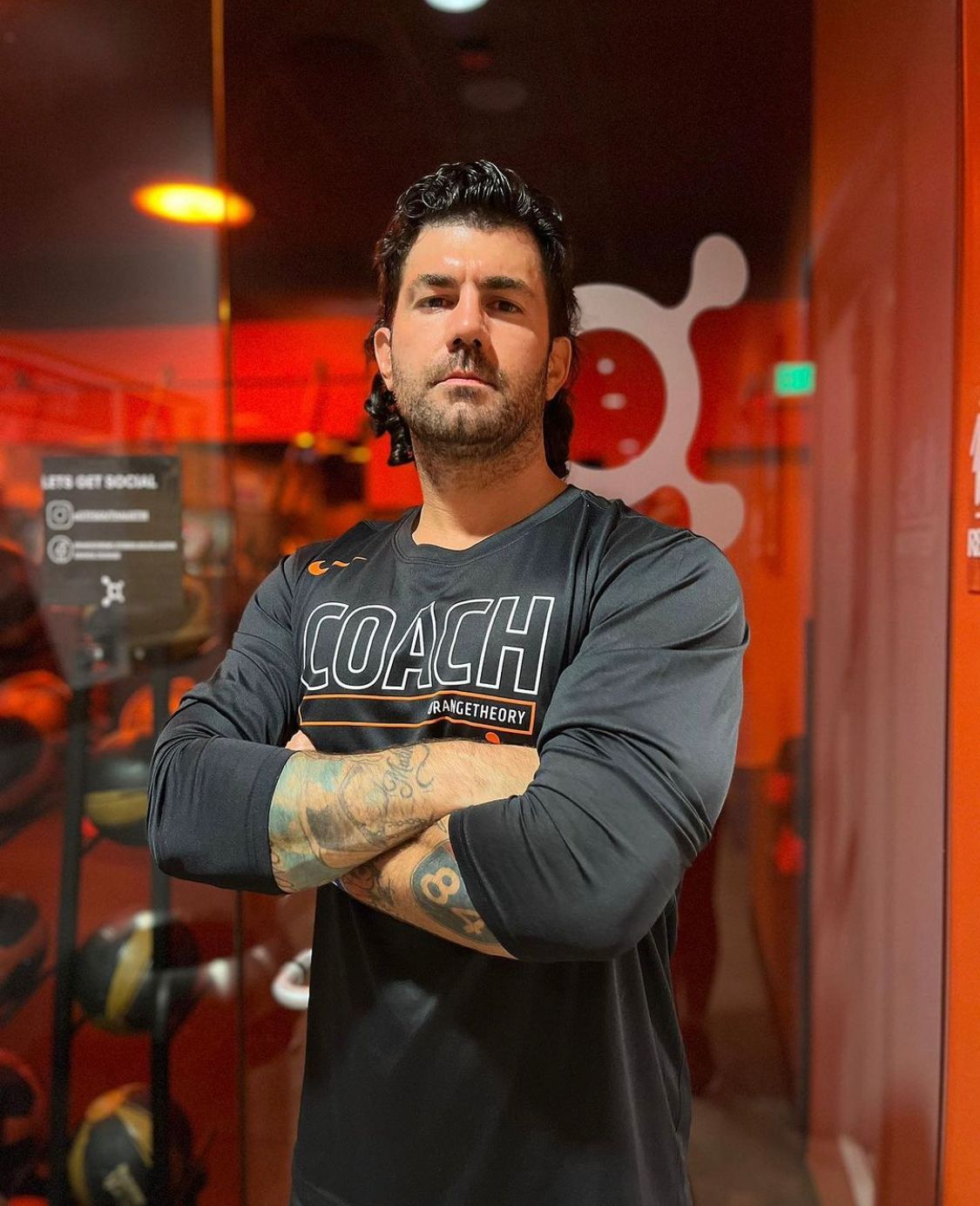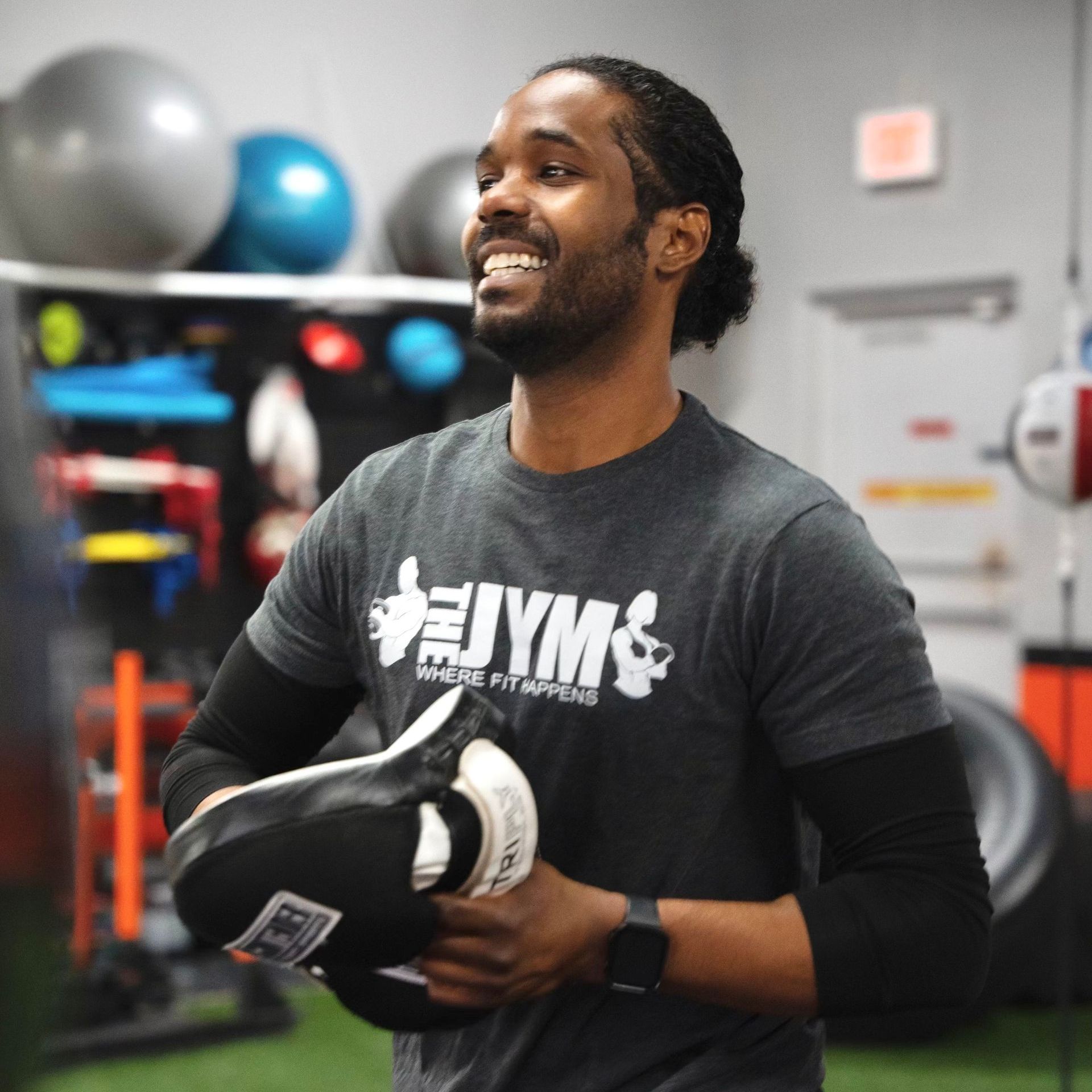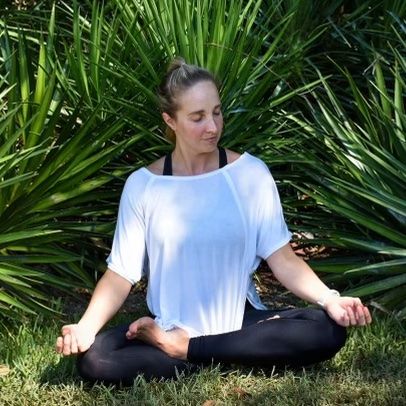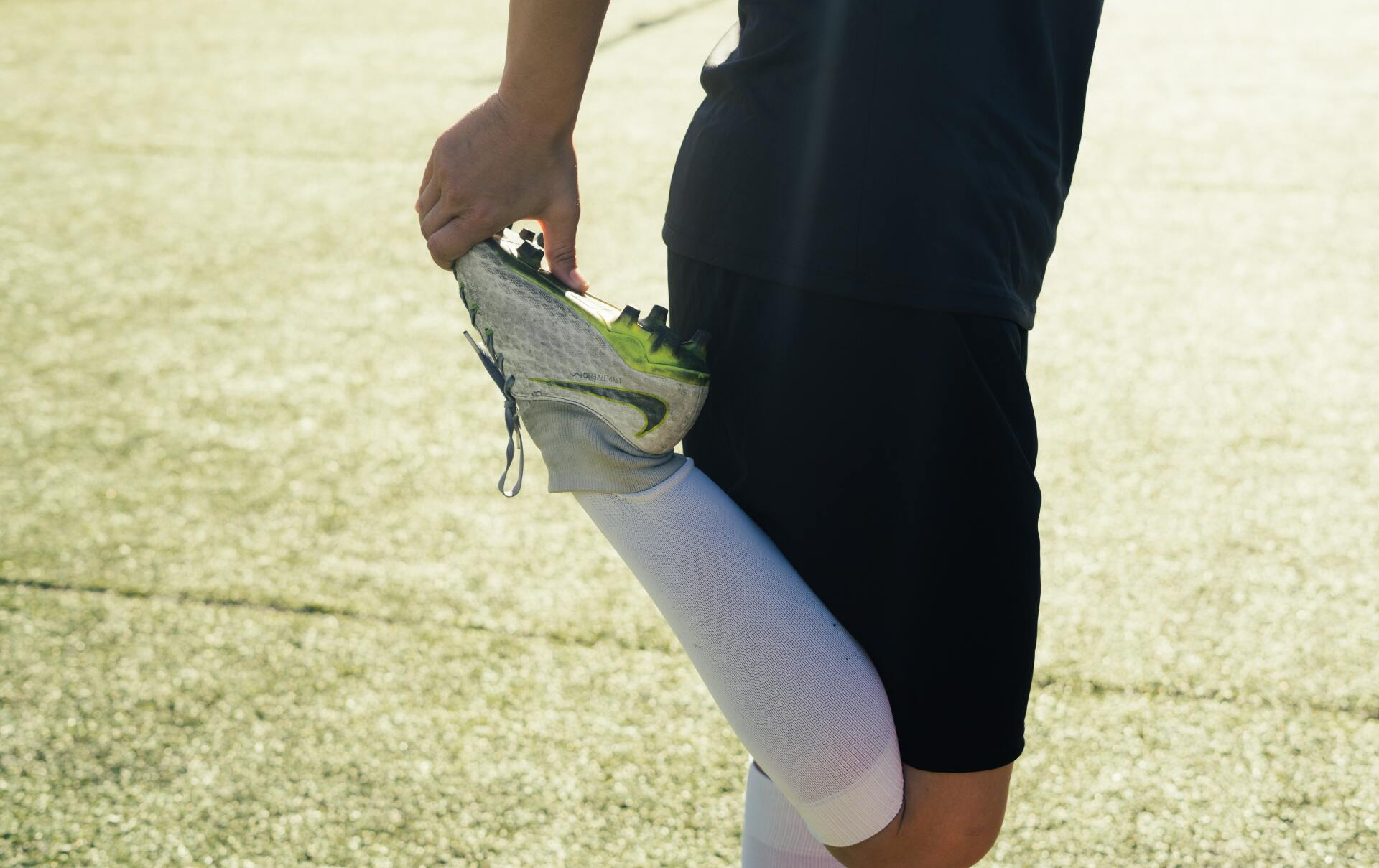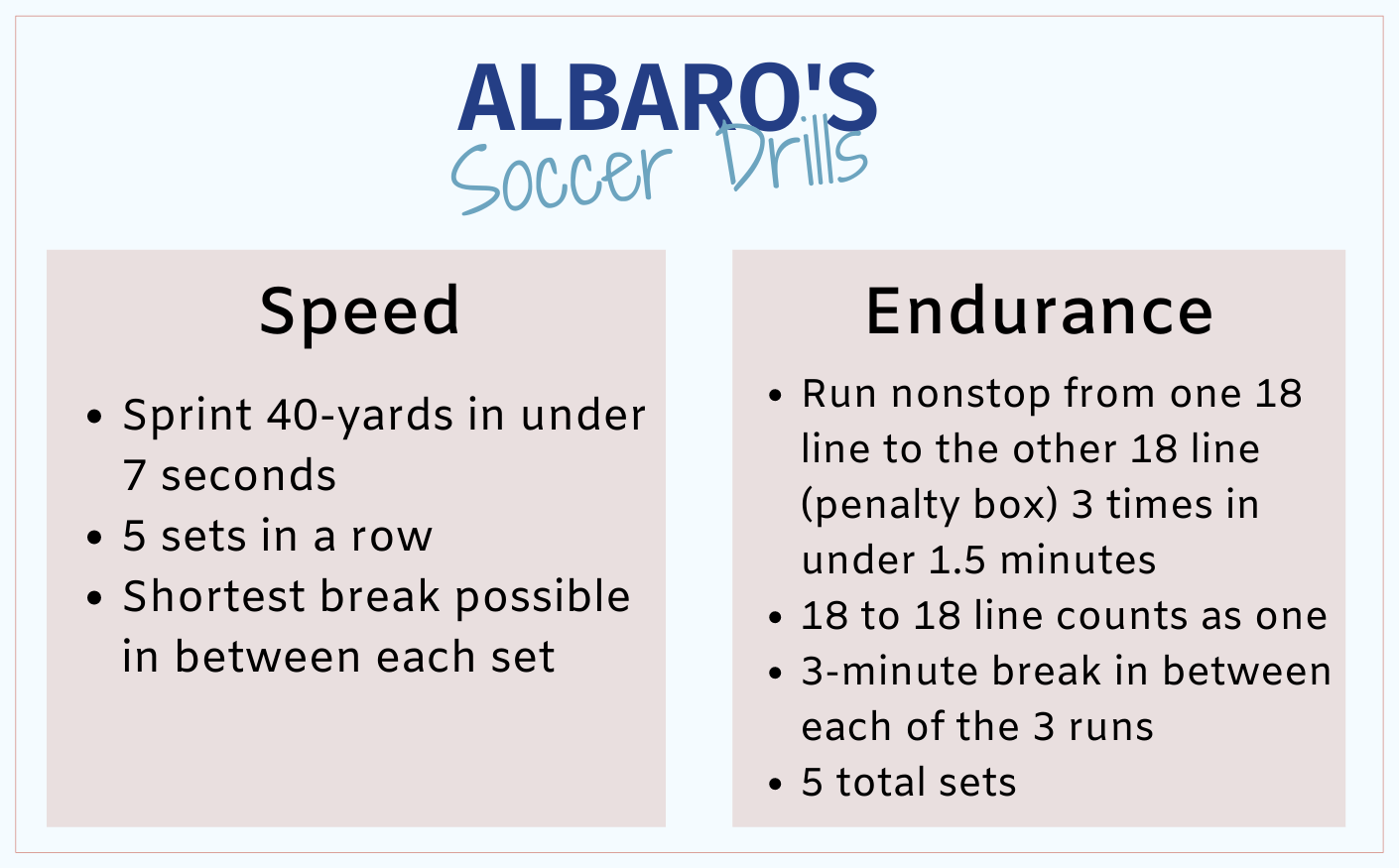Soccer Coaching with Albaro Lopez
Albaro Lopez
High School Soccer Coach
Albaro Lopez, a soccer coach for over 15 years, has a degree in Kinesiology. “Since I was young, I’ve always played soccer.” Albaro remembers watching soccer on TV and in-person anytime that he got the chance. Albaro always felt like soccer came easy to him.
“There's the saying, 'Once you can't play, you coach.' So I did."
- Albaro Lopez
Albaro enjoys coaching soccer year-round, but especially loves teaching summer camps for high school boys who are interested in gaining strength and improving their skill sets. Albaro shares, “I love being around the players while I coach them and also get to exercise with them.” There are many ways to properly prepare before soccer games, but one of the most vital ways is to choose a proper pre-game meal or snack. Albaro advises his players to make sure that any pre-game meals or snacks contain carbs and protein, but not anything that will bog them down (such as greasy or overly-sugary foods). Above all, Albaro emphasizes that water is the most important food/drink before, during, and after any game. “A hydrated player will always play much better than a dehydrated player.”
For players who enjoy soccer but are not able to play on a team because of the time commitment, finances, physical abilities, etc., Albaro wants to emphasize that it is still possible to enjoy playing soccer in their free time while also improving their skills. A great way to enjoy soccer as a hobby if your focus is to have fun is to play side games and pick up games with friends or new people at your gym or recreational center. If your goal is to have fun, you don’t have to play competitively. Competitive soccer is great for players who want an intense, rougher game. However, recreational players may find that short games, a couple of times a week, are just as rewarding as being on a team. Not only are they able to continue playing the sport that they enjoy, but they may also learn techniques and drills from other players, who may eventually become their friends.
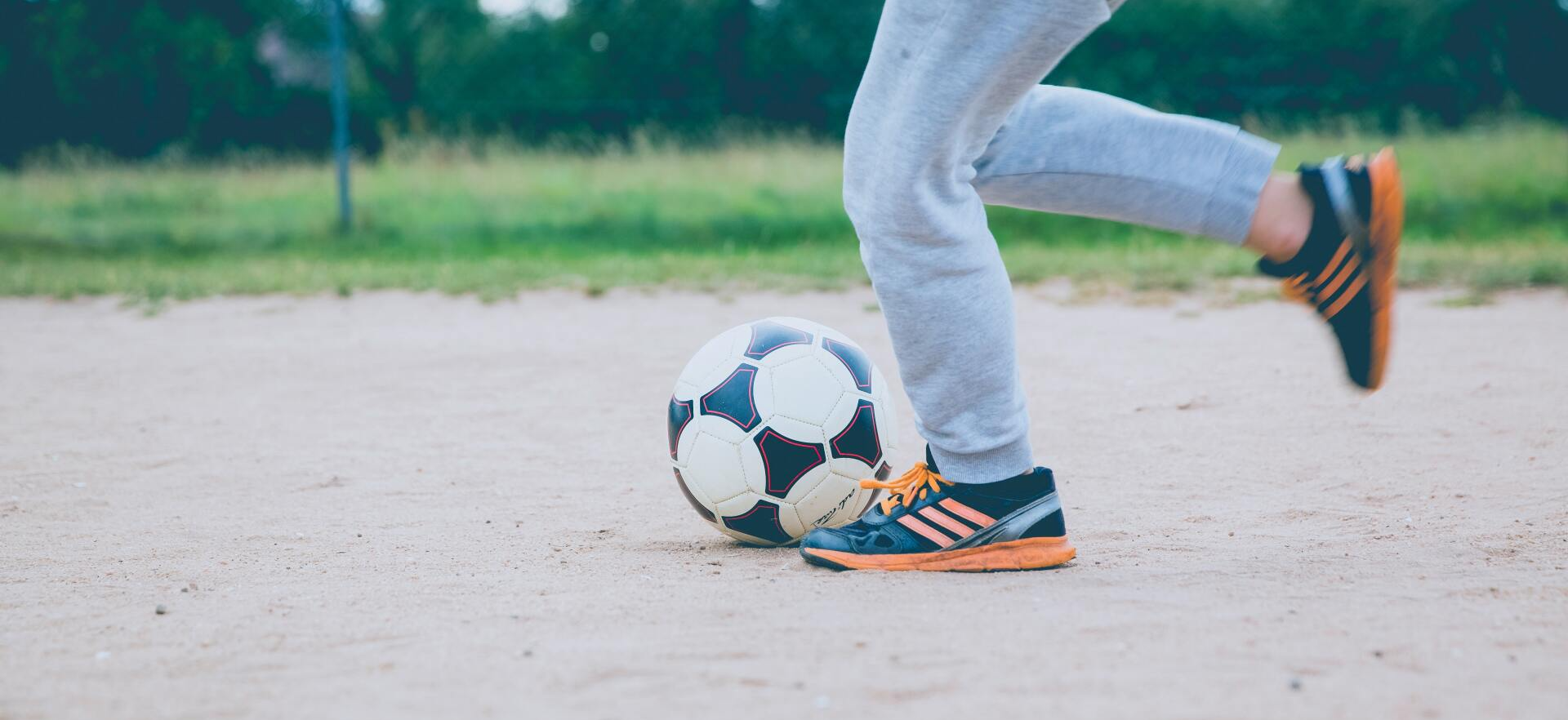
Albaro believes that not only does sports training help with physical capabilities on the court or field, but also in children and adolescent’s development in other areas of their lives. Some of the main physical habits that play a huge role in this development are sleeping an adequate amount of hours, taking care of both physical and mental health, eating healthy, and avoiding harmful substances. Albaro says that when his players want to perform better in their sport, they are more incentivized to make sure that they are self-disciplined about being aware of their physical habits. Not only will they be more consistent in their performance and athletic abilities, but they will also see an improvement in their personal lives, apart from sports.
3 Life-Skills That Playing Sports Teaches
Coping with Stress
Life is full of stress for various reasons, especially when you must focus your time and energy on many different areas. “In a soccer game, there’s a lot of stress that you have to handle and find ways to deal with.” Regardless of what position you’re playing on the field or court, you must be aware of your surroundings at all times. Life is similar to sports, in the way that you must face each challenge head-on. The game will continue regardless, but the outcome is dependent upon your performance and whether or not you choose to give it your all. Like in your personal life, you do not always “win” in a sports game. A situation or circumstance may not always turn out how you had planned or hoped for, but you can never win the game if you aren’t a team player along the way.
Organizing a Schedule
Athletes have a busy school schedule and know that regardless of their academics and responsibilities at home, they have to make time for a 1.5-2 hour practice multiple times a week, in addition to games. When managing their time, a person must also find time to spend with their friends and family when they are intentionally resting. Although this can seem very overwhelming at times, an athlete is more motivated to stay consistent with sticking to an organized schedule if it means that they will have time to enjoy playing the sport that they love.
Remaining Disciplined
When an athlete’s schedule is too busy to fit every activity in, they will learn how to make tough decisions as they choose what is most important to prioritize and dedicate their time to. No matter how much we want to, we cannot “make time.” To make time is to intentionally let go of one thing to make room for another in its place. Athletes, and people in general, remain disciplined with their priorities by reflecting on what is most important, along with what they value most, and “making time” for these in their daily and weekly routines. Not only do sports teach athletes about self-discipline in their time, but also their balanced diets, self-care, and mental health. An athlete can only perform well if they take the time to refuel well, by resting and giving their body both the mental and physical nutrients that it needs to continue strong through each day, on and off of the field/court.
VITALITY
